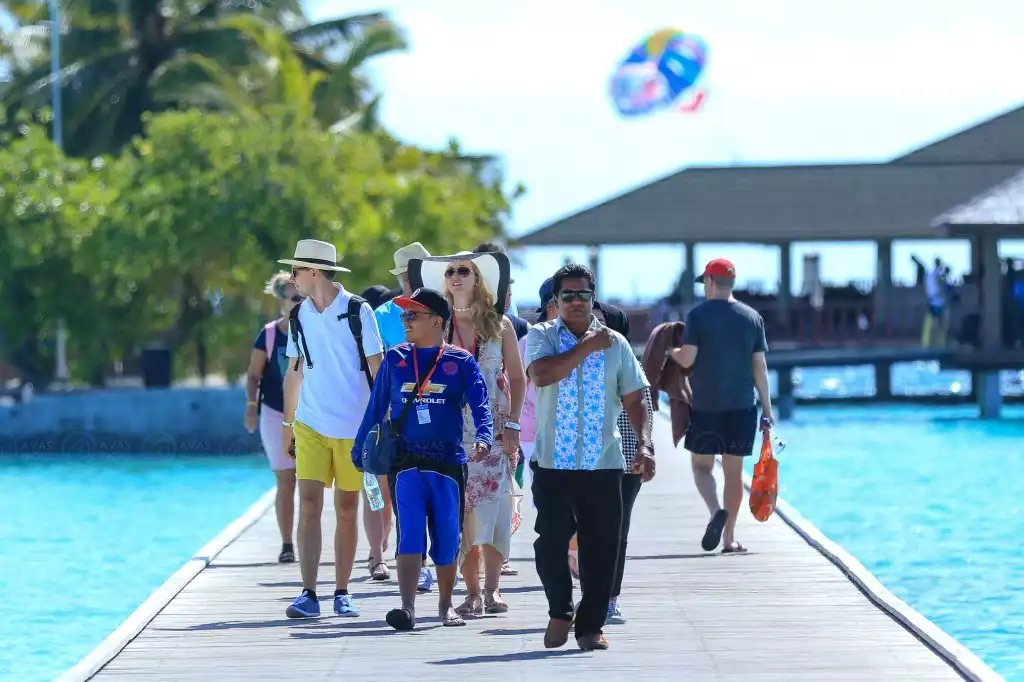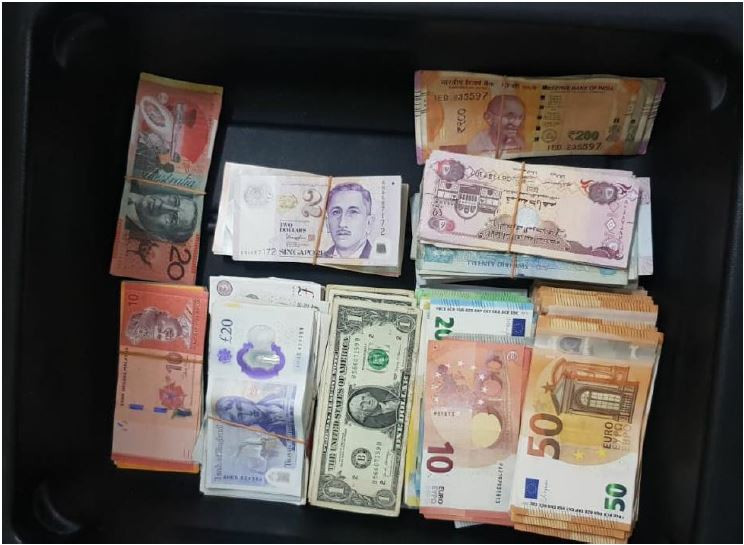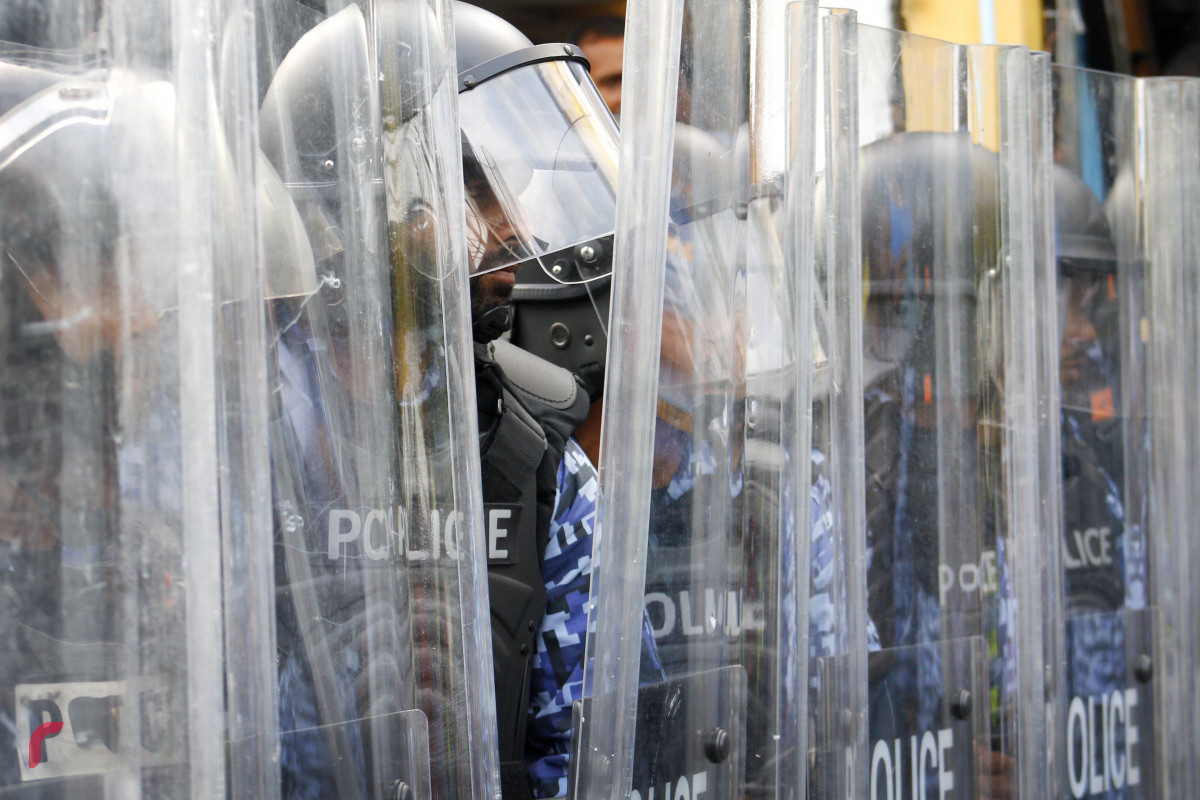China in the Maldives: benevolent aid or sinister undertones?
China to invest heavily in the Maldives


President Abdullah Yameen with his Chinese counterpart --
Development and financial independence is a key aim of any nation. Economic development has taken place in various nations at different paces; in some cases, wars, expansion, foreign investments have acted as impetus to drive economic development.
Africa is generally agreed upon as the least developed continent in the world. For ages before European colonization, Africa had been ruled by tribes. With European colonization, the continent was divided up on the map, with disregard for tribal lands. For decades, the continent has been exploited for their natural resources and valuable materials such as diamonds, while European colonists profited off the divisions caused by tribal rifts.
Even after independence, the African nations struggled to come to a stable footing on economic terms. From 1970 to now, African nations had been the recipient of aid amounting to over US$ 300 billion.
The latest “investor” into Africa is China. China utilizes the natural resources of the continent in exchange for massive development projects and cash injections into their economies.
Critics of this investment patterns, say that China is deliberately exploiting the gaps in the nations development. They say the development is merely superficial, with China reaping the most benefits and expanding their influence.
Almost half of Chinese aids go to African nations. In those nations, Chinese nationals are employed in the megaprojects. Africans and African companies are not allowed to contribute or participate in the process.
Currently China runs projects in Nigeria, South African, Sudan, Algeria, Zambia, Ghana, Ethiopia, and closer to home in Sri Lanka.
Hambantota port and a nearby airport were built in 2008 by the government of former President Mahinda Rajapaksa with the help of $1.7 billion in Chinese loans. When the former President was deposed by current President Maithripala Sirisena, he froze all Chinese investments. A move he later had to undo, as Sri Lanka faced massive cash flow issues.
Sirisena ultimately negotiated a new deal with the Chinese government that involved the stake sale and further plans for the Chinese to develop an industrial zone. The Chinese government has planned to invest about $5 billion to develop the area within 3-5 years. President Sirisena also agreed to give land to the Chinese on a 99-year lease. The terms did not go down well with port trade unions, which have asked the government to reduce the Chinese stake to 65 percent and lease period to 50 years. Enraged citizens have been protesting the terms of the agreement since then.
Deputy General Secretary of the Ceylon Ports General Employees Union G. Niroshan had voiced concern over the deal with Chinese, stating that this will effectively create a Chinese colony in Sri Lanka, where Sri Lanka will have no jurisdiction.
The same situation is taking place in the Maldives. China is to foot half of the bill for the development of the China Maldives Friendship Bridge. In exchange, China will receive areas of Maldives for further development. Chinese President Xi Jinping had said that Chinese investors were interest in protecting the fragile environment of the country, develop tourism and create more resorts.In order to provide the legal framework to facilitate the Chinese investments, the Government of the Maldives had changed the law on foreign land ownership in the country. The 2015 bill stipulates that in order for foreigners to own land in the nation, they must meet certain criteria - including that the project built on the land must be approved by Parliament, there must be a minimum investment of $1 billion “in the territory of the Maldives,” and upon the project’s reaching completion, “at least 70 percent of the land must have been reclaimed from the ocean and [be] visible at medium tide.”
Critics have questioned the speed with which the amendment was passed without adequate consultation and parliamentary debate. Indian government officials have also voiced concern that the law will be used by China to extend its military influence, but they were assured by the Government of the Maldives that the Indian Ocean will remain “a demilitarized zone.”
Based on the current situation, it looks like both Maldives and Sri Lanka are moving in the same direction as the African nations that had received Chinese “generosity”. While the Yameen administration is peddling a policy of rapid development, no Maldivian would be content if that development came with strings attached. Strings, that ultimately disadvantage the Maldivians over a long period.






